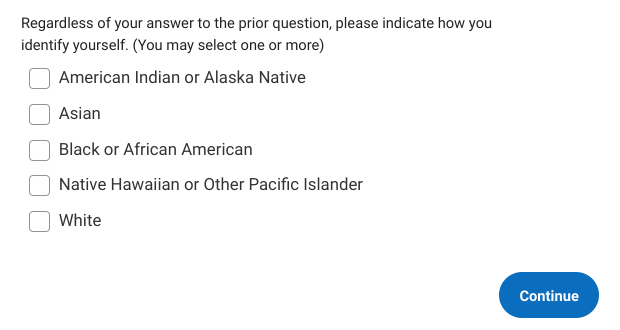Every high school senior has contemplated their chances of admission to their dream school. They’ve questioned if just one point higher on their ACT or an additional line on their resume could have sealed the deal. Aside from the stress created by these controllable factors, many students still have to worry about the role their race and ethnicity will play during application season.
The Affirmative Action decision made by the Supreme Court this summer has completely altered the perspective of guidance counselors, students and admissions officers. It has proven the Supreme Court’s racial bias, making it clear that their true interests do not lie with equalizing admissions but with disadvantaging people of color. The ramifications for this year’s graduating class are especially important to understand.
This summer, Supreme Court decisions Students for Fair Admissions v. Harvard and Students for Fair Admissions v. UNC ended race-conscious admissions for all universities across the country. In a 6-3 vote, the conservative majority on the court led the charge to overturn prior precedent that has existed for decades. With this, the court has ignored all the proven benefits of diversity on a college campus.
The Justices argued that Affirmative Action violates the 14th amendment equal protection clause because it disproportionately affects white and Asian-American students in a negative way. While this may be true, the same logic should then be applied to legacy admissions because of their bias towards white people.
According to a study published in the National Bureau of Economic Research in September 2019, 43 percent of white students admitted to Harvard University were “recruited athletes, legacy students, children of faculty and staff or had parents or relatives that donated to Harvard.” This number decreases dramatically to less than 16 percent for Black and Latino students. Using the same logic of the equal protection clause, legacy/donor admissions should also be determined unconstitutional, as they give unfair disadvantages to Black and Latino students.
While the court claims they want to make college admissions more fair with their decision, their racial bias is extremely evident. The conservative controlled court only wants to make admissions more fair for white students, not everyone. If colleges are really just looking at the students’ essays and statistics without taking into account any other factors, they should also exclude information regarding legacies and donations.
During this year’s application cycle, students have the freedom to decide how much or how little of their race to include in their essays. The court left this decision relatively open-ended, explaining that students who feel their race or ethnicity has had a dramatic effect on their life should write about it. This just adds another layer of anxiety and confusion to the already stressful process. It is unfair that the burden of deciding which schools and whether or not to mention race has been placed on 17 and 18-year-old students, in addition to all of the other work they have during application season.
As more admissions cycles pass by without Affirmative Action, hopefully it will become more clear how colleges are responding to this new change. While numerous schools have expressed their commitment to diversity, it is unclear how this will actually manifest within the admissions process. Students will get more and more data each year, helping them make educated decisions about how to include their race in their application. For now, however, the path is still unclear.
It is saddening that partisanship on the Supreme Court has affected such an integral part of education—diversity.This decision was made to benefit white students only, and if the court was really trying to be fair, they would suspend legacy admissions too. However, prioritizing students of color is clearly not the goal of the current Justices.




